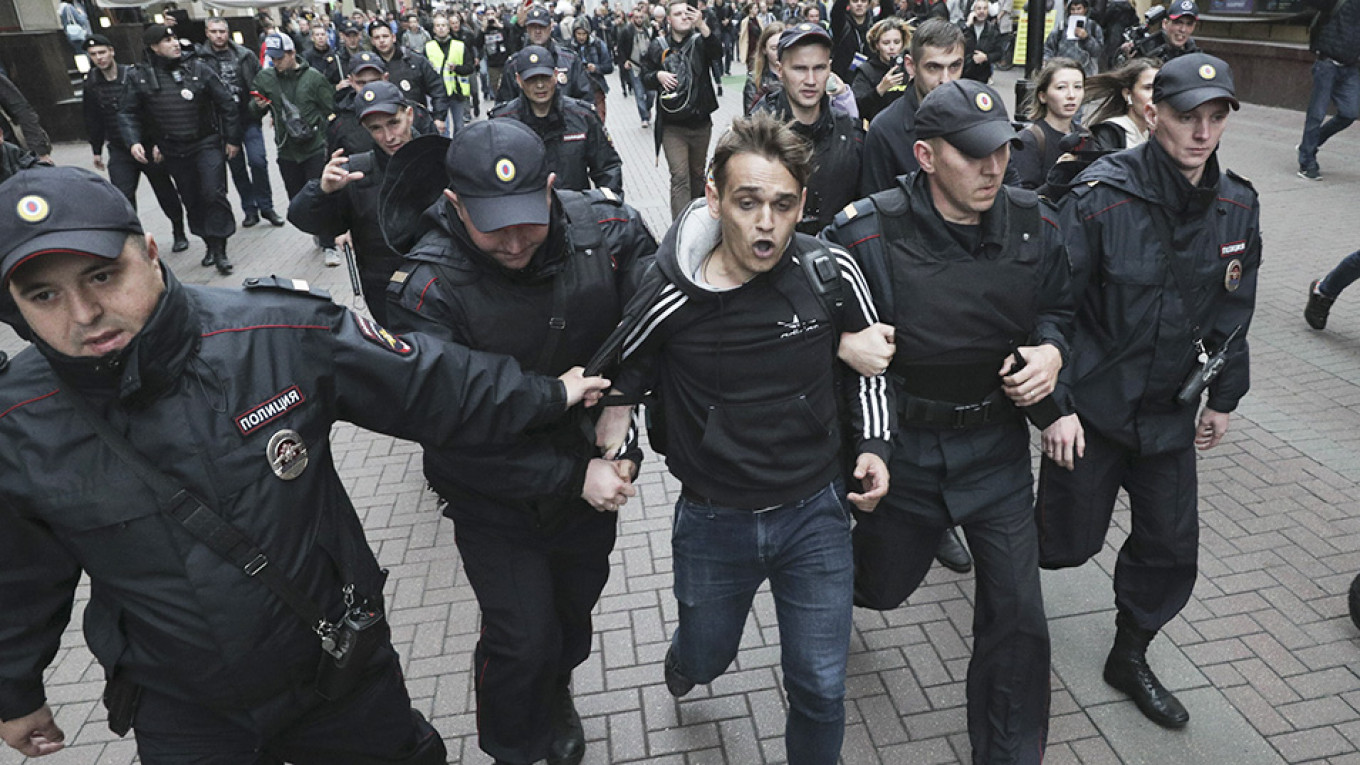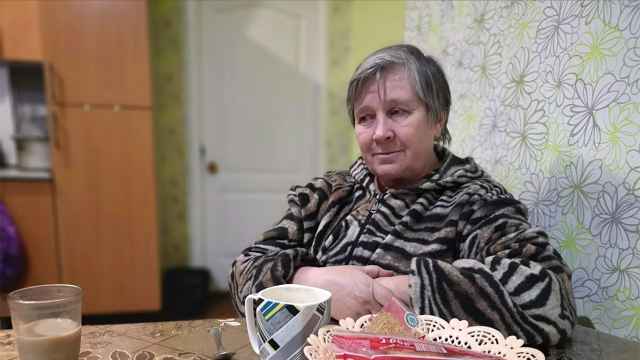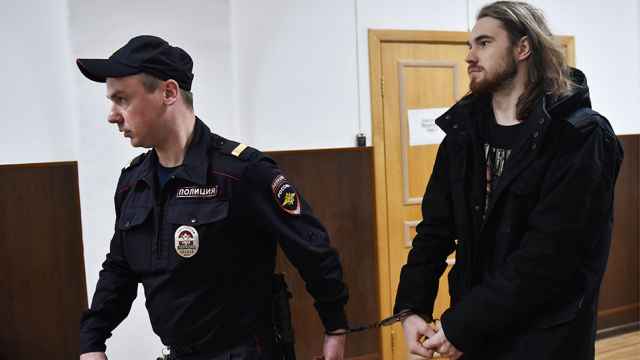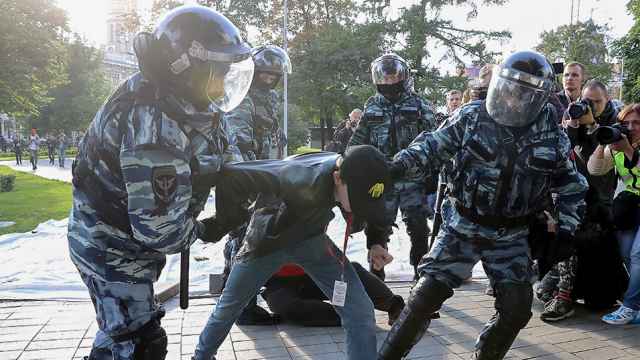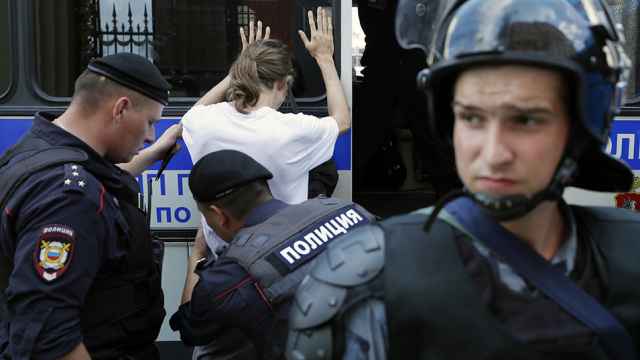Protesters in Russia are twice as likely to receive real prison time for violence against law enforcement authorities than those tried for the same crime under different circumstances, the independent Novaya Gazeta newspaper reported Thursday.
Novaya Gazeta compared nearly 12,000 assault sentences in 2016-2019 with the 57 sentences handed down to protesters over their role in the mass rallies that swept Moscow last summer.
It found that 40% of defendants found guilty of assaulting authorities without aggravating circumstances had received prison sentences. In contrast, 80% of the Moscow demonstrators found guilty of the same crime received prison sentences.
Non-protesting convicts with aggravating circumstances received seven months in prison on average, according to Novaya’s research. Protesters received 10 months on average.
Every year, judges hand down 6,300 guilty verdicts under what Novaya referred to as one of the most popular articles under Russia’s Criminal Code.
Experts linked the disparity in sentencing between protesters and non-protesters to the authorities’ tendency to administer stricter punishments to those who disagree with the authorities’ official policy.
“Any expression of opinion is interpreted as grounds for greater public danger,” lawyer Svetlana Sidorkina told Novaya.
“The courts approach sentencing with the interpretation that political prisoners are a source of increased danger to society,” she said.
The newspaper’s research follows the biggest wave of protests to hit Moscow since the anti-Kremlin rallies of 2011-2013. Tens of thousands of people took to the capital’s streets last summer over what they said was the authorities’ unfair exclusion of independent candidates in local elections.
A Message from The Moscow Times:
Dear readers,
We are facing unprecedented challenges. Russia's Prosecutor General's Office has designated The Moscow Times as an "undesirable" organization, criminalizing our work and putting our staff at risk of prosecution. This follows our earlier unjust labeling as a "foreign agent."
These actions are direct attempts to silence independent journalism in Russia. The authorities claim our work "discredits the decisions of the Russian leadership." We see things differently: we strive to provide accurate, unbiased reporting on Russia.
We, the journalists of The Moscow Times, refuse to be silenced. But to continue our work, we need your help.
Your support, no matter how small, makes a world of difference. If you can, please support us monthly starting from just $2. It's quick to set up, and every contribution makes a significant impact.
By supporting The Moscow Times, you're defending open, independent journalism in the face of repression. Thank you for standing with us.
Remind me later.


